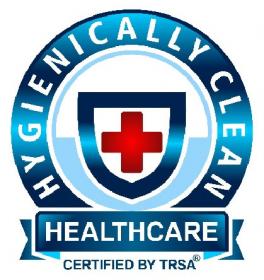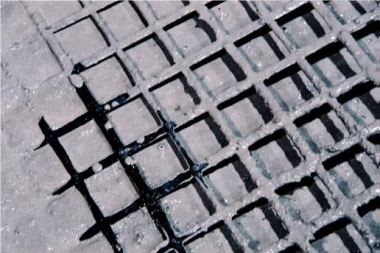NCTO: Buy American Policy for Personal Protective Equipment
National Council of Textile Organizations (NCTO) President and CEO Kim Glas issued a statement, urging the government to institute Buy American policy changes to help bolster U.S. manufacturers producing personal protective equipment (PPE) for frontline workers battling the COVID-19 pandemic.
“If the government is sincere about reconstituting a U.S. production chain for medical personal protective equipment (PPE) to resolve the drastic shortages we are experiencing during the current pandemic, it is going to have to make key policy changes to help incentivize domestic production. A strong Buy American mandate for these vital healthcare materials needs to be instituted for all federal agencies, coupled with other reasonable production incentives, to help ensure a strong U.S. manufacturing base for these essential products.
Our government already has an existing example of such a mandate that serves as an excellent model. The U.S. Department of Defense operates under a fiber-to-finished product Buy American rule for military textiles. This rule ensures that the vital textile materials our U.S. warfighters depend upon, come from a secure domestic production chain that cannot be severed during a military emergency by offshore entities.
There is a bipartisan call for action as members of Congress on both sides of the aisle have begun to acknowledge the need for these types of reasonable and essential policy changes.
Anything short of fully instituting domestic purchase requirements through Executive Order and other legislative initiatives will ensure that PPE production through U.S. supply chains that have been created overnight don’t evaporate as soon as this crisis is over.
In the midst of the crisis, our failure to confront this challenge will allow for a repeat of the sins of the past that allowed sourcing agents to offshore the entire production of medical PPE in search of lucrative profits. While chasing the lowest cost import may have seemed cost effective at the time, these past few months have demonstrated that we paid a deadly price through this approach by jeopardizing the very lives of frontline medical personnel that are fighting the pandemic.
This is a national security issue. It’s also a vital healthcare issue and it is decision time for U.S. policymakers. If our country is to be prepared for future deadly pandemics such as the one it is now facing, reasonable policy changes need to be implemented to ensure that we strengthen our domestic supply chain to address America’s security, safety and healthcare requirements.”
NCTO is a Washington, DC-based trade association that represents domestic textile manufacturers, including artificial and synthetic filament and fiber producers.
NCTO











